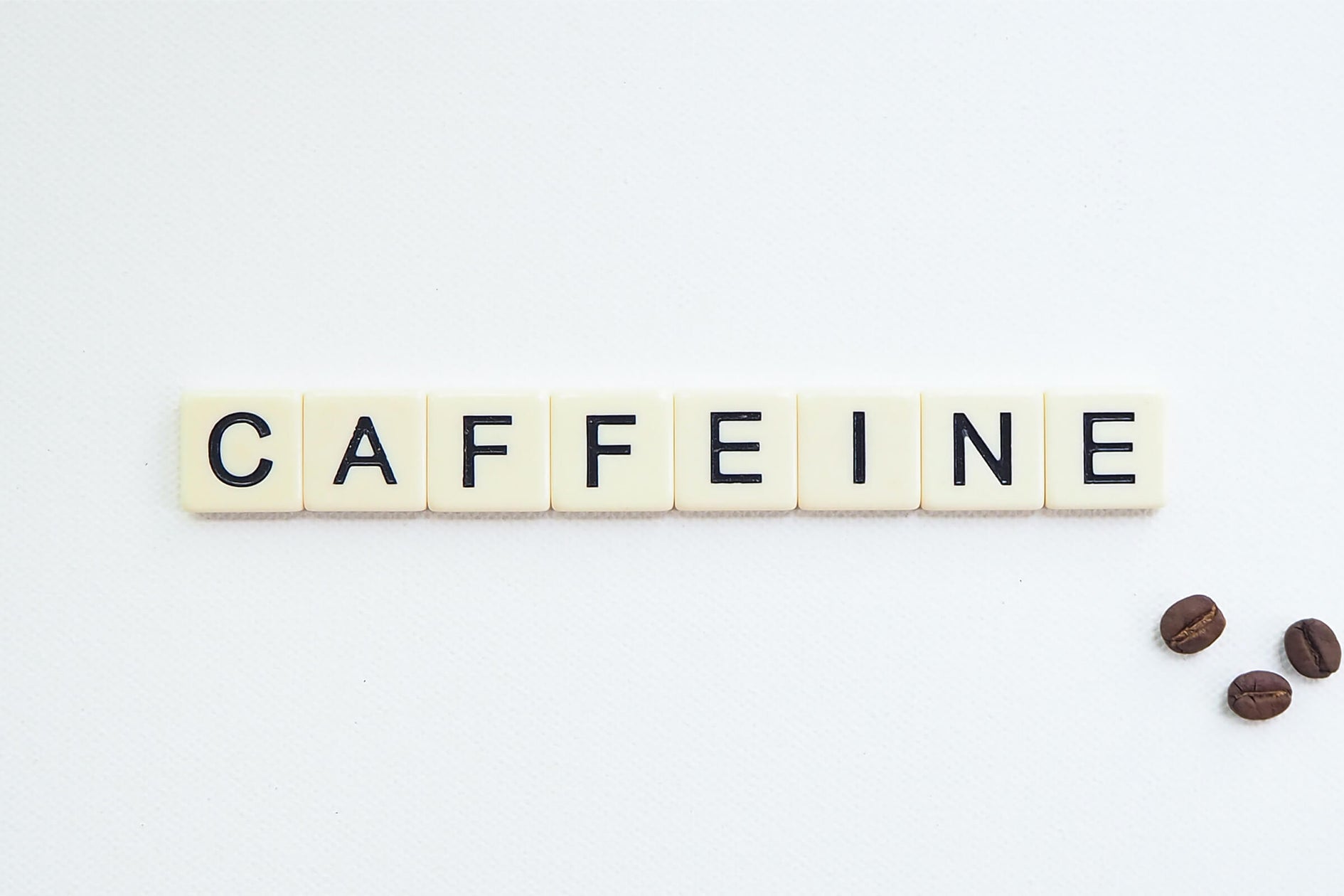We’ve all probably read or heard about the dangerous side effects of caffeine or drinking too many energy drinks or cups of coffee. But the reality is that energy drinks and coffee have a positive, useful purpose as well. They help us wake up in the morning, focus throughout the day, and be the best version of ourselves.
Caffeine is one of the most used and powerful drugs in the world and while it has numerous positive and negative side effects, in this article we’re going to take a look at how caffeine affects your memory.
Does Caffeine Affect Your Long Term Memory?
The short answer is YES, and the effect on memory is positive.
A recent study by Johns Hopkins University showed that caffeine enhances long-term memory. Participants who were given 200-miligram caffeine tablets after studying a series of images were better at distinguishing these same images from similar ones when tested the next day.
Researchers even experimented with giving individuals 100 mg, 200 mg and 300 mg doses of caffeine. They found that performance was better after the 200 mg dose, compared with the 100 mg dose, but there was no improvement after the 300 mg of caffeine, compared with 200 mg.
What About Short Term Memory?
The studies related to caffeine’s effect on short term memory are somewhat inconsistent. One study that indicated a positive effect involved showing volunteers a sequence of simple images (the letters A, B, C or D) and then asking if an image was the same as the one shown two images earlier.
Participants who were given 100mg of caffeine, roughly one cup of coffee, demonstrated a tendency towards improved short-term memory skills and reaction times during the task. The fMRI showed increased activity in brain regions located in the frontal lobe, where a part of the working memory network is located.

What’s The Science Behind Caffeine & Memory?
The truth is that scientists don’t fully understand how caffeine improves memory yet. While billions of people drink caffeine daily and thousands of clinical studies have been performed on the effects of caffeine, we still don’t conclusively understand how caffeine boosts brain and memory functions.
It’s theorized that caffeine may block a molecule called adenosine, preventing it from stopping the function of norepinephrine – a hormone that has been shown to have positive effects on memory, but further research should be conducted to better understand the mechanisms by which caffeine affects long-term memory.
How Much Caffeine Is Safe To Drink Daily?
The US Food and Drug Administration (FDA) recommends that healthy adults limit their daily caffeine intake to 400 mgs per day. The average cup of coffee is about 80-90 mg of caffeine so that would be approximately 4 cups of coffee daily.
Checkout our Caffeine Overdose Calculator to help find your personal limit based on FDA recommendations.
With that said, caffeine does have negative side effects to go along with its positive effects. If you’re worried how caffeine may affect you, we recommend consulting your doctor.
Conclusion
The bottom line is that while caffeine has been shown to help boost your memory, that doesn’t mean that all caffeine is created equal. We recommend that you look for natural and organic sources of caffeine.
Coffee and tea are great but if you’re looking for organic caffeine that won’t leave you feeling jittery, we suggest you give Proper Wild’s energy shots a try. Proper Wild pairs their organic caffeine from green tea with a powerful amino acid called L-Theanine, which helps to balance out the blood pressure increasing effects of caffeine in order to reduce those unpleasant jitters.
 Free shipping on all orders.
Free shipping on all orders. 














